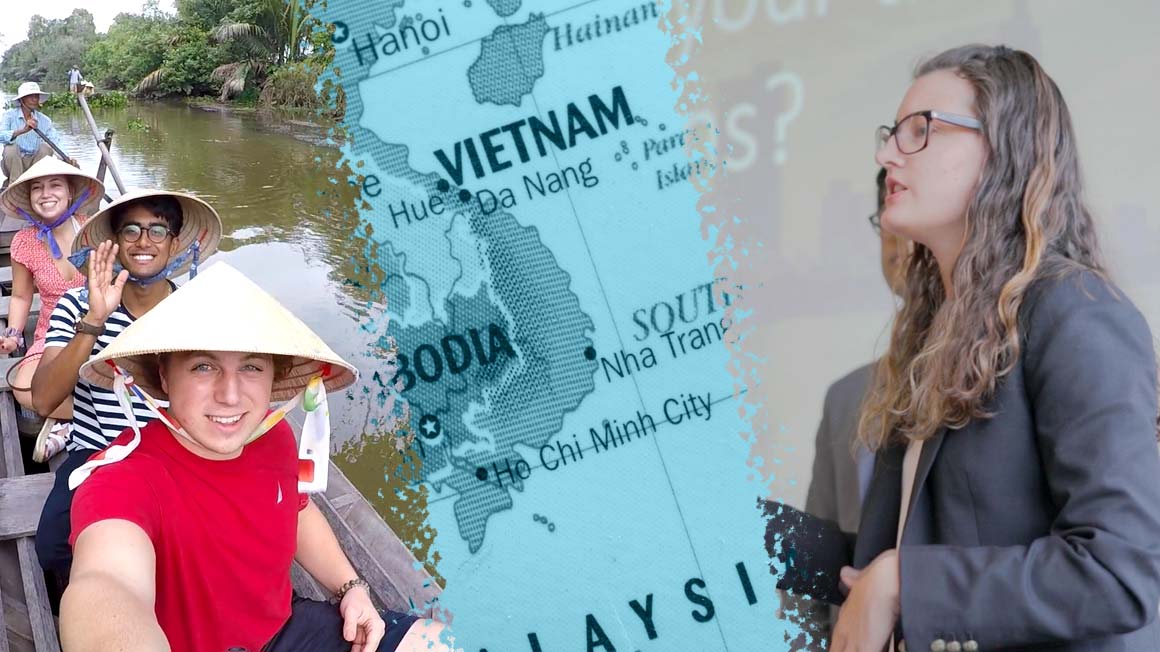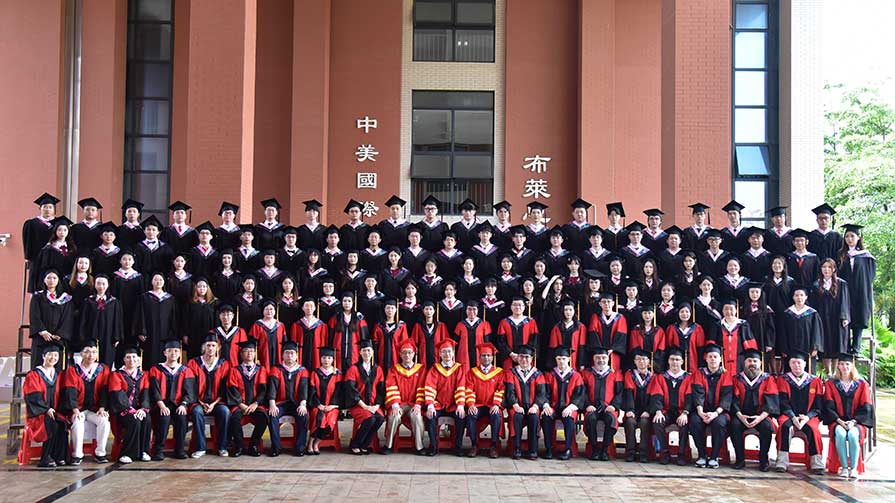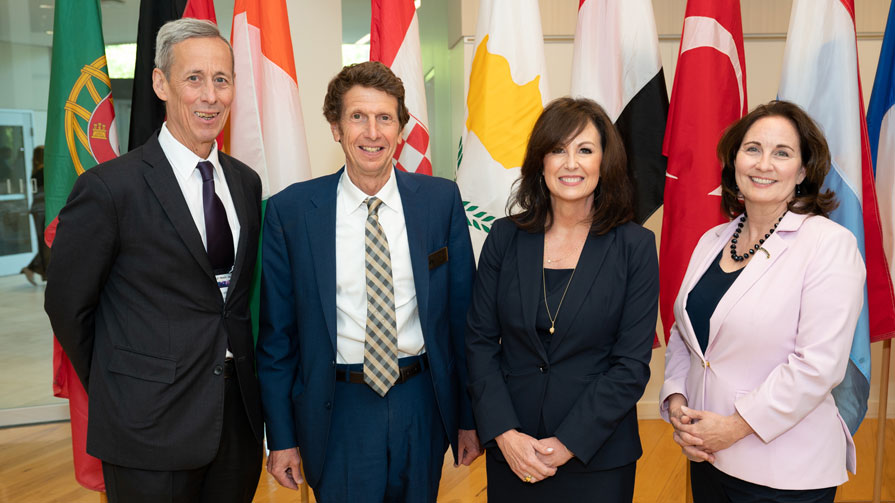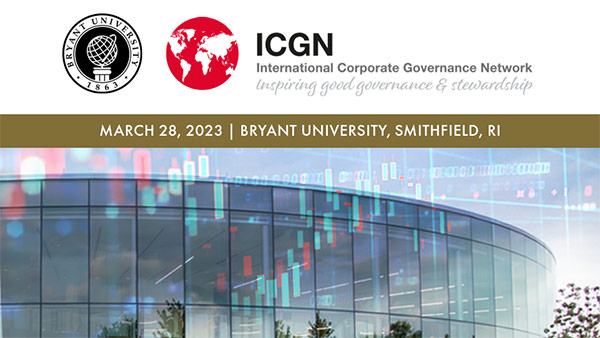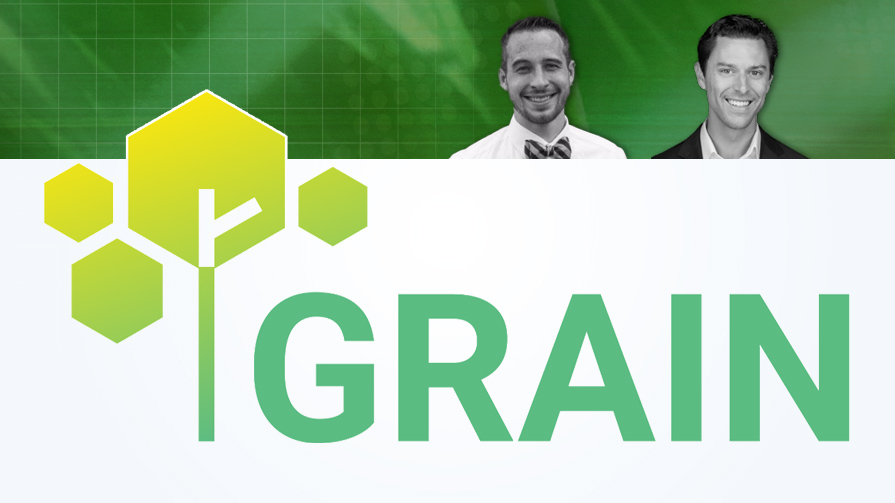During Bryant’s International Business Practicum, students operate as consultants for a real company facing an international business challenge. For Bridget Gomes ’20, Lauren Abbott ’20, Jessica Taylor ’20, Anshumat Srivastava ’20, and Spencer Chapman ’20, their fall semester Practicum became the project of a lifetime and an opportunity to see a different part of the world more clearly.
“The Practicum was about taking everything we’ve previously learned and experienced – our classes, our internships, and studying abroad – and applying it in a new way,” says Taylor. “For me, this experience reinforced why I picked Bryant, and why I picked the International Business Program.”
“You’re faced with a problem like this and you realize, oh, I know how to do this analysis, or I know where to find the different economic indexes I can look up and interpret.”
The project
Through the Practicum, a required capstone for all International Business students, teams are assigned a comprehensive business-consulting project for a client company. Projects might include studying applications for new technologies or examining international market entry strategies. “The Practicum is a win for everyone,” says Gerald Cohen, an international trade specialist who has managed the Practicum programs for Bryant's John H. Chafee Center for International Business for the last 14 years. “The companies receive valuable research and information and the students gain experience and exposure.”
Gomes, Abbott, Taylor, Srivastava, and Chapman were paired with TCIEXPRESS, the largest full-service delivery company in India. They were tasked with recommending which country the company should enter as part of its expansion into Asia, as well as suggestions for market entry plans.
Over the course of the semester they examined a variety of factors across a variety of nations. “You have to see everything in three dimensions, and look into every aspect you can,” explains Srivastava. “You can’t ignore economic factors, or politics, or market issues, or anything else.”
“You can look at the numbers, you can look at all these statistical analyses for why you should enter a market, but you need to understand the country as well.”
Initially, the scope of the project was daunting, but the students rose to the challenge. “It was a situation where you don't realize how much you actually know until you’re actually doing the work,” says Abbott. “You’re faced with a problem like this and you realize, oh, I know how to do this analysis, or I know where to find the different economic indexes I can look up and interpret.”
“The Practicum gives students a real-world view of how international businesses actually operate,” notes Marketing Instructor Kevin Gainor '79, who taught the team's practicum course. “It teaches them how to provide a high-level deliverable to stakeholders outside of academia.”
The trip to Vietnam
After extensive research, the team’s findings indicated that moving into Vietnam would be the best option for TCIEXPRESS. To cement their recommendations, Chander Argawal ’01, Managing Director of TCIEXPRESS, arranged a five-day trip to the country for the students, accompanied by Gainor.
“I remember just sitting there thinking 'I can't believe that I'm here, and that I have the opportunity to do this.'”
While in Vietnam, the students augmented their research by touring potential client companies for TCIEXPRESS and consulting with the Vietnam Logistics Association. “You can look at the numbers, you can look at all these statistical analyses for why you should enter a market, but you need to understand the country as well,” explains Abbot. “We’ve studied so many examples of companies that have tried to enter other countries and failed because they didn't bother to understand what it’s actually like to do business there.”
"The IB Program has done so much to give us a global perspective, from the internationally focused courses we take, to requiring us to study abroad for a semester," says Gomes, the team's leader. "We felt like we were prepared to travel to a country halfway around the world and work in a new environment."
The students also developed a better understanding of life in Vietnam by sampling traditional cuisine, visiting sites of historical and cultural importance including the Mekong Delta and the War Remnant Museum, and attending a show at the Saigon Opera House.
Talking to the Vietnamese and experiencing their culture had an impact. “I remember just sitting there thinking “I can't believe that I'm here, and that I have the opportunity to do this,” remembers Taylor.
“The results truly matter here. The companies we work with have real projects they're trying to evaluate and they’re using the students’ knowledge and enthusiasm to explore them. They really value the judgments the students make.”
“It was really eye-opening. It makes you realize the responsibility that you have to do business responsibly and that the work you do has the potential to actually impact a lot of people's lives,” notes Abbott.
“After talking to everyone, we knew we made the right call,” Gomes says.
Company trust in students' results
Upon their return to the United States, the team delivered their results to a panel of industry judges who evaluated their work based on the depth of research and analysis, and the effectiveness of their presentations. But the ultimate test was presenting to their client.
“You’re not just working ... for a grade; you're working for a client who depends on your information. That definitely helps you produce your best work."
“It’s kind of amazing that a company like TCIEXPRESS trusted us, five undergraduate students, to look into this for them,” says Taylor, who notes the company seemed eager to implement their findings. “But they know what Bryant students are capable of and they could see all of the hard work that went into our analysis.”
“The results truly matter here,” explains Cohen. “The companies we work with have real projects they're trying to evaluate and they’re using the students’ knowledge and enthusiasm to explore them. They really value the judgments the students make.”
“The fact that I can put an actual consulting project on my resume is incredible.”
Working for a real client, the students say, elevated their work to a new level. “It gives you a different drive. You’re not just working for yourself, for a grade; you're working for a client who depends on your information,” says Gomes. “That definitely helps you produce your best work, because someone is relying on what you give them.
“I don't think any of us have ever put more work into a project than we did with the practicum,” she reflects.
The team, however, agrees that they benefited as much from the experience as the client. “This is the field I want to go into,” says Abbot, “so to be able to actually practice it, and see what it’s actually like, is pretty valuable. The fact that I can put an actual consulting project on my resume is incredible.”
“This was an experience that went far beyond what we’ve learned in the classroom,” says Srivastava. “I think this is something none of us are going to forget.”
